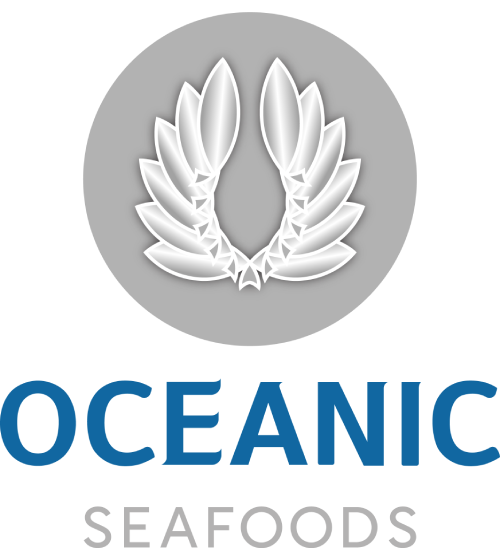One of the most hotly debated questions in the seafood world is which is better; wild caught salmon or farmed salmon? While the knee jerk-reaction is to side with wild caught salmon, there are a number of factors involved depending on how you approach the subject.
But first, it’s important to understand that wild salmon, as the name might suggest, comes from the wild, which includes oceans, rivers and lakes. Farm salmon comes from fish farms which use a process called aquaculture to breed fish for human consumption.
As for which is more popular, it depends on where you are getting your salmon. The EU is the fifth largest seafood producer in the world. Interestingly 78 percent from fisheries and just 22 percent come from aquaculture. Spain, Denmark and France and are the largest producers in terms of volume in the EU. In the UK, Atlantic salmon is most common but it is typically farmed in Scotland, or Norway. In the United States, the answer varies by coast. According to the Institute of Social Economic Research from the University of Alaska, Pacific salmon is 92 percent caught, while Atlantic salmon is 99 percent farmed.
From an environment perspective
There are several concerns surrounding fish farming which arise from having mass numbers of fish crowding together in an artificial environment. This can lead to the spread of diseases amongst these fish. In an attempt to minimize such diseases, pesticides may be used which are often flushed and end up polluting other bodies of water. They may also show up in the fish. Mercury and PCBs have been found in farmed salmon. Another issue with farmed fish is environmental waste flowing into other waterways. However, new recycling aquaponic systems are now starting to be used to clean the water.
Agencies throughout the world have been asked to enforce stricter fish farm regulations and sound aquaculture practices. It is imperative that responsible, sustainable fish farming practices remains the goal of everyone involved in the seafood industry.
While the idea of wild caught salmon would appear to have much less of a negative impact environmentally, there are still some concerns, such as over-fishing, which can deplete the salmon population, and bycatch which involves fishing for one type of fish but catching other unwanted species which are often destroyed. The transportation needed for wild caught fish is also not sustainable and has a significant carbon footprint.
From a Health Perspective
We’ve been told often, and enthusiastically, by those who look after our health, that sea food, especially salmon, is high on the list of nutritious food choices. So, which is healthier, farm raise salmon or wild caught salmon? While the taste is rather similar as is the amount of protein, wild caught salmon is more nutritionally dense than farm-raised salmon and can contain up to three times less fat, fewer calories, and more vitamins. However, wild caught salmon is also higher in cholesterol than farmed salmon.
When it comes to which is healthier the winner would be wild caught salmon. However, it depends on your individual health concerns. For example, high cholesterol might have you leaning toward farmed salmon.
The deciding factor may come down to price.
Typically, wild caught salmon can be harder to find so it is usually more expensive, sometimes three or four times more per pound than farm raise salmon. However, depending on the time of year and various environmental factors, certain varieties of wild salmon can become quite abundant which can lower the prices considerably.
In the end there are a lot of critics of farm raised salmon, yet the industry provides numerous jobs worldwide and has evolved into a multi-billion dollar industry. Farm raised salmon is here to stay, yet it is important that those in the industry make a concerted effort to improve the condition on fish farms.


Leave A Comment
You must be logged in to post a comment.